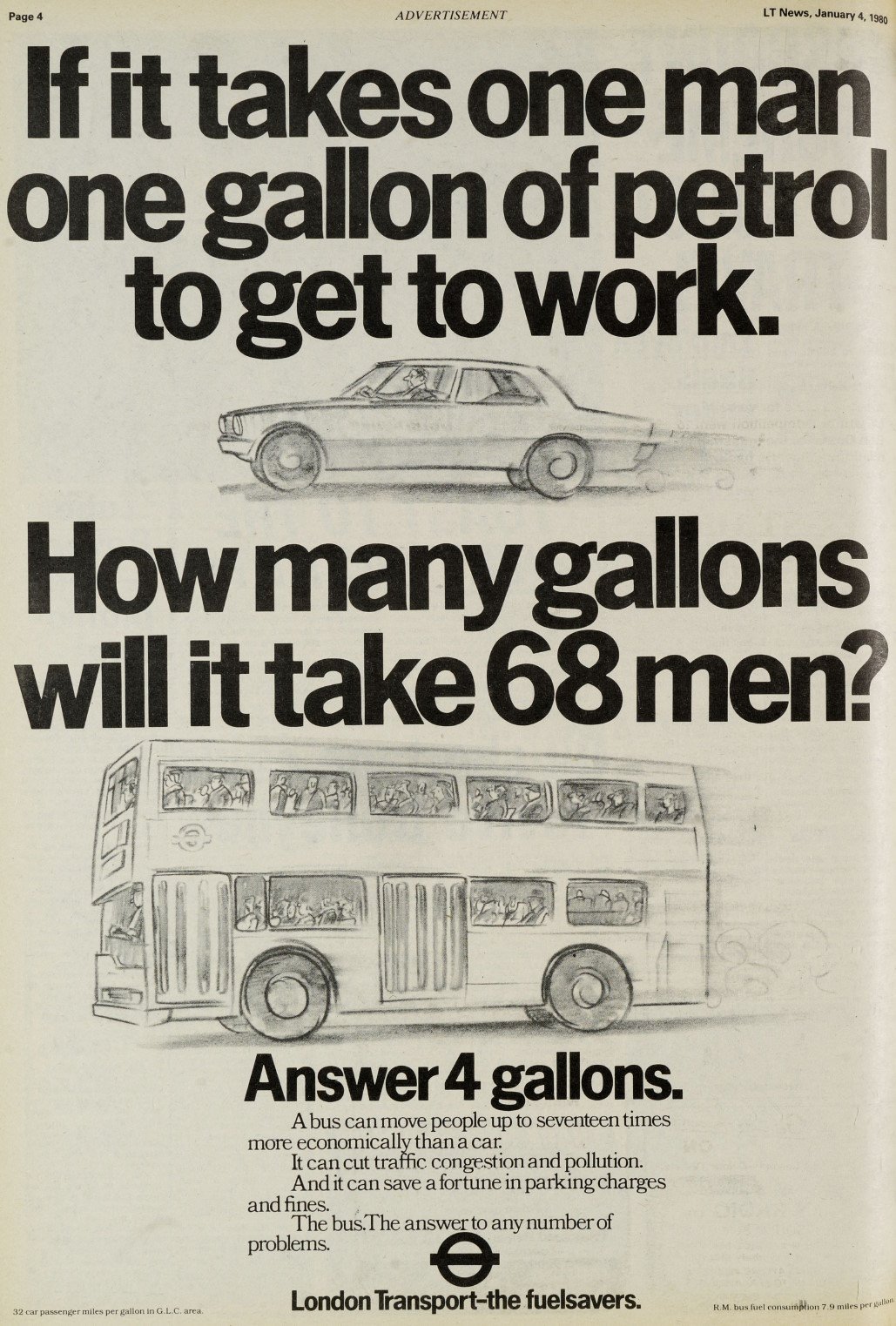Fuck Cars
A place to discuss problems of car centric infrastructure or how it hurts us all. Let's explore the bad world of Cars!
Rules
1. Be Civil
You may not agree on ideas, but please do not be needlessly rude or insulting to other people in this community.
2. No hate speech
Don't discriminate or disparage people on the basis of sex, gender, race, ethnicity, nationality, religion, or sexuality.
3. Don't harass people
Don't follow people you disagree with into multiple threads or into PMs to insult, disparage, or otherwise attack them. And certainly don't doxx any non-public figures.
4. Stay on topic
This community is about cars, their externalities in society, car-dependency, and solutions to these.
5. No reposts
Do not repost content that has already been posted in this community.
Moderator discretion will be used to judge reports with regard to the above rules.
Posting Guidelines
In the absence of a flair system on lemmy yet, let’s try to make it easier to scan through posts by type in here by using tags:
- [meta] for discussions/suggestions about this community itself
- [article] for news articles
- [blog] for any blog-style content
- [video] for video resources
- [academic] for academic studies and sources
- [discussion] for text post questions, rants, and/or discussions
- [meme] for memes
- [image] for any non-meme images
- [misc] for anything that doesn’t fall cleanly into any of the other categories
Recommended communities:
view the rest of the comments

You need about 7 cars displaced per bus at all times in order for it to be more efficient in gas.
I would rather have a world full of velomobiles than buses.
https://en.m.wikipedia.org/wiki/Energy_efficiency_in_transport#US_Passenger_transportation
Is that still true for modern hybrid buses?
Edit - also surely mean you need to average 7 people as when it's full it'll be a little over 12 times as efficient as when there's 7 people. So it could run for 10 minutes full then about 2 hours completely empty and it would balance.
No i meant 7 cars worth of people. If a bus can displace 7 cars then it is only equal in efficiency. This applies to hybrid buses too as they only get marginally better performance per energy needed to use.
That makes no sense
The average number of people per car is 1.5 so its not like its crazy off. Not sure how that doesnt make sense
So you'd need the bus to have 10.5 people at all times? But why doesn't an average capacity work? Do you have an figures to back so this up, especially the hybrid bus claims?
Only 7? That's about 10% of rated capacity or 6% of sardines-in-can capacity. And that is for single-section bus.
I don't know how it is in other places/countries but in Paris (inside and in the ≈ 15km area) , clearly, there is always at least 10 passenger in the same bus, I would say 25 average and at the peak hour an easy 50. So I think buses are still an energy efficient transport, at least in some places.
Moscow, usually all seats are taken(25 people), maybe only during night passanger count is single-digit.
I think most people recognize buses are effective for major cities. It gets murkier for less populated locations. America doesn't really build dense.
Which is really just a bad choice. We could have proper town planning if we wanted, and in fact we used to have it. But then we knocked down neighborhoods to make room for highways and that was that. We can work our way back to good towns of any size, if we wanted.
Public transit doesn't require density. Example: Old Oskol tram.